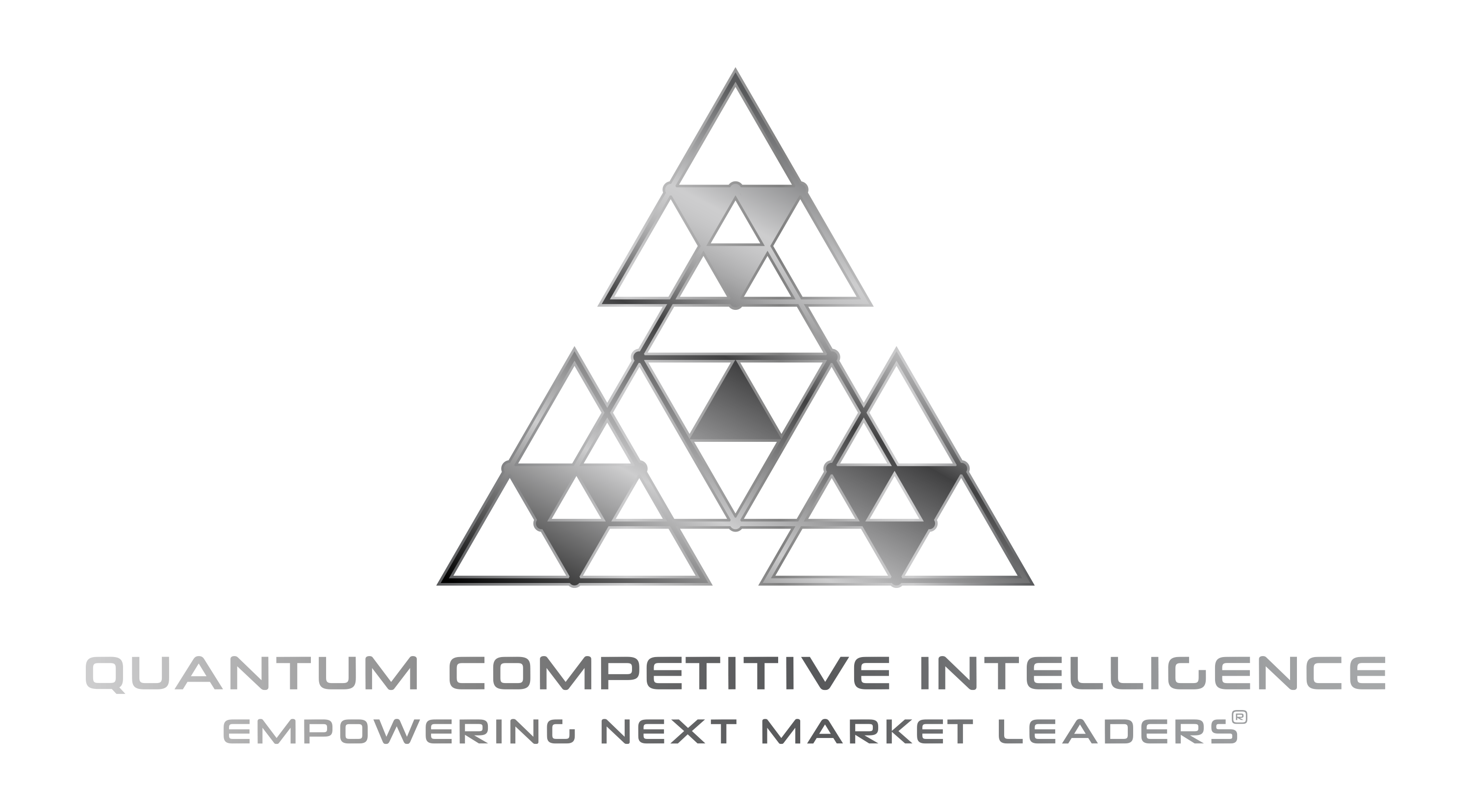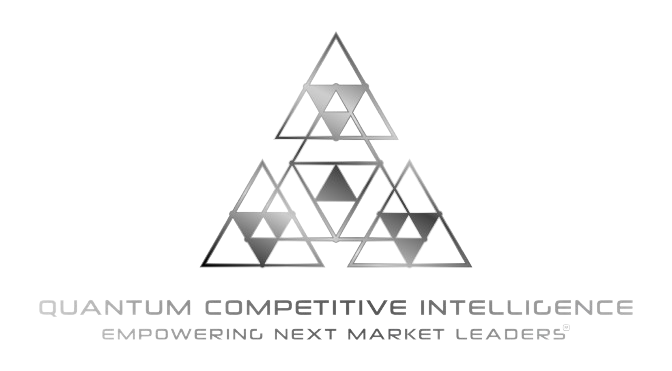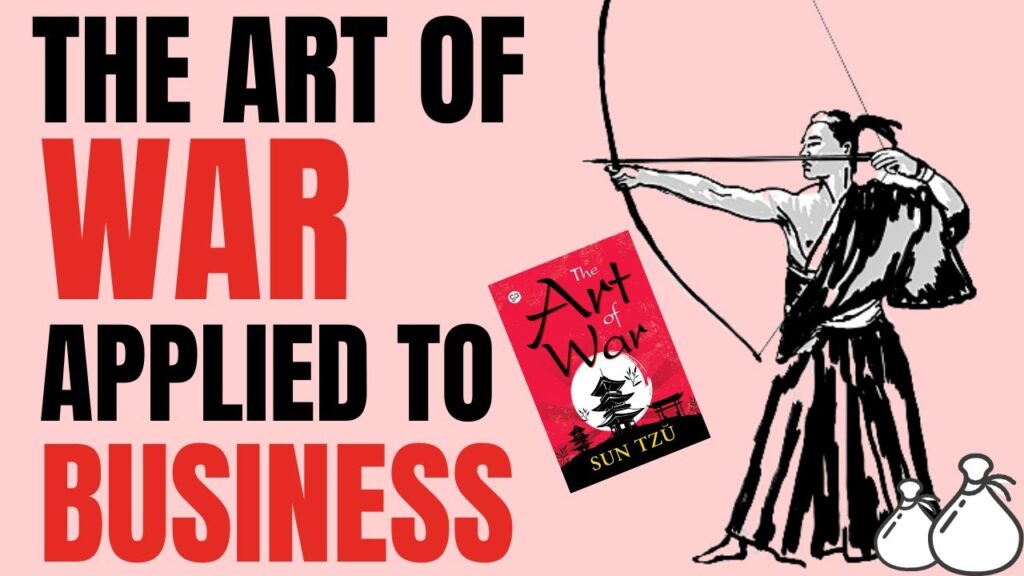Revolutionizing Workers’ Compensation with Quantum Competitive Intelligence
Revolutionizing Workers’ Compensation with Quantum Competitive Intelligence Introduction Quantum Competitive Intelligence (QCI) has developed a groundbreaking Workers’ Compensation Risk Mitigation Platform and Management Model that significantly reduces post-injury ultimate total workers’ compensation costs by 50-70%. This innovation is disrupting the traditional workers’ compensation market, leaving insurance companies, brokers, third-party administrators, and ancillary service providers in shock. QCI’s model is not only changing how workers’ compensation is managed but is also challenging the status quo of the industry’s established practices. The Need for Innovation in Workers’ Compensation Workers’ compensation is a critical aspect of employee risk management, designed to provide financial and medical support to employees injured on the job. However, traditional models often suffer from inefficiencies, high costs, and a lack of effective risk mitigation strategies. Many insurance companies and administrators rely on outdated processes that fail to address the root causes of high compensation costs, leading to increased premiums and financial burdens on employers. How Quantum Competitive Intelligence Approached the Problem Recognizing these challenges, QCI employed its expertise in competitive intelligence (CI) to develop a robust platform that combines advanced data analytics, predictive modeling, and conscious sciences. This innovative approach allows QCI to identify and mitigate risks more effectively, optimizing outcomes for both employers and employees. Key Components of the Platform: Advanced Data Analytics: QCI’s platform uses sophisticated data analytics to monitor and analyze various factors contributing to workers’ compensation claims. By examining historical data, industry trends, and individual case characteristics, the platform identifies patterns and potential risks, allowing for proactive management. Predictive Modeling: Through predictive modeling, QCI anticipates potential claims and their associated costs. This capability enables companies to allocate resources more effectively and implement preventive measures that reduce the likelihood of injuries and claims. Conscious Sciences Integration: QCI integrates conscious sciences to foster a holistic understanding of workplace dynamics and employee behavior. By considering both quantitative and qualitative factors, the platform promotes a culture of safety and awareness, further reducing the risk of workplace injuries. Impact on the Workers’ Compensation Market QCI’s Workers’ Compensation Risk Mitigation Platform has sent shockwaves through the industry. By significantly lowering post-injury costs, the platform provides a competitive edge to employers, reducing their premiums and enhancing their overall financial health. This innovation has caused a paradigm shift, challenging the traditional “old boy network” oligarchy that has long dominated the workers’ compensation market. Key Benefits of the QCI Model: Cost Reduction: Clients using QCI’s model have reported a reduction in post-injury ultimate total workers’ compensation costs by 50-70%, a significant improvement over traditional methods. Improved Claim Management: The platform’s proactive approach to risk management ensures that claims are handled efficiently, reducing delays and associated costs. Enhanced Employee Well-being: By focusing on preventive measures and promoting a culture of safety, QCI’s model contributes to improved employee well-being and job satisfaction. Case Study: Transforming Workers’ Compensation for a Major Manufacturer One of the most compelling examples of QCI’s impact is its work with a major manufacturing company struggling with high workers’ compensation costs. The company faced frequent claims and rising premiums, affecting its profitability and competitiveness. QCI’s Solution: Implemented the Risk Mitigation Platform to analyze historical claims data and identify key risk factors. Developed a predictive model to anticipate potential injuries and guide the company in implementing targeted safety measures. Integrated conscious sciences to enhance employee training and awareness, fostering a proactive safety culture. Results: Within the first year, the company saw a 60% reduction in workers’ compensation costs. The frequency of claims decreased by 45%, and the average claim settlement time was reduced by 30%. Employee engagement and satisfaction improved, contributing to a safer, more productive work environment. Conclusion Quantum Competitive Intelligence is redefining the workers’ compensation landscape with its innovative Risk Mitigation Platform and Management Model. By integrating advanced data analytics, predictive modeling, and conscious sciences, QCI provides a comprehensive solution that reduces costs, improves safety, and challenges traditional industry practices. As the industry continues to evolve, QCI stands at the forefront of this transformation, offering a model that is not just revolutionary but also sustainable and scalable for businesses of all sizes. By adopting QCI’s approach, organizations can achieve significant cost savings, enhance employee well-being, and gain a competitive advantage in an increasingly complex market. The future of workers’ compensation is here, and it is being shaped by Quantum Competitive Intelligence. Facebook Twitter LinkedIn





